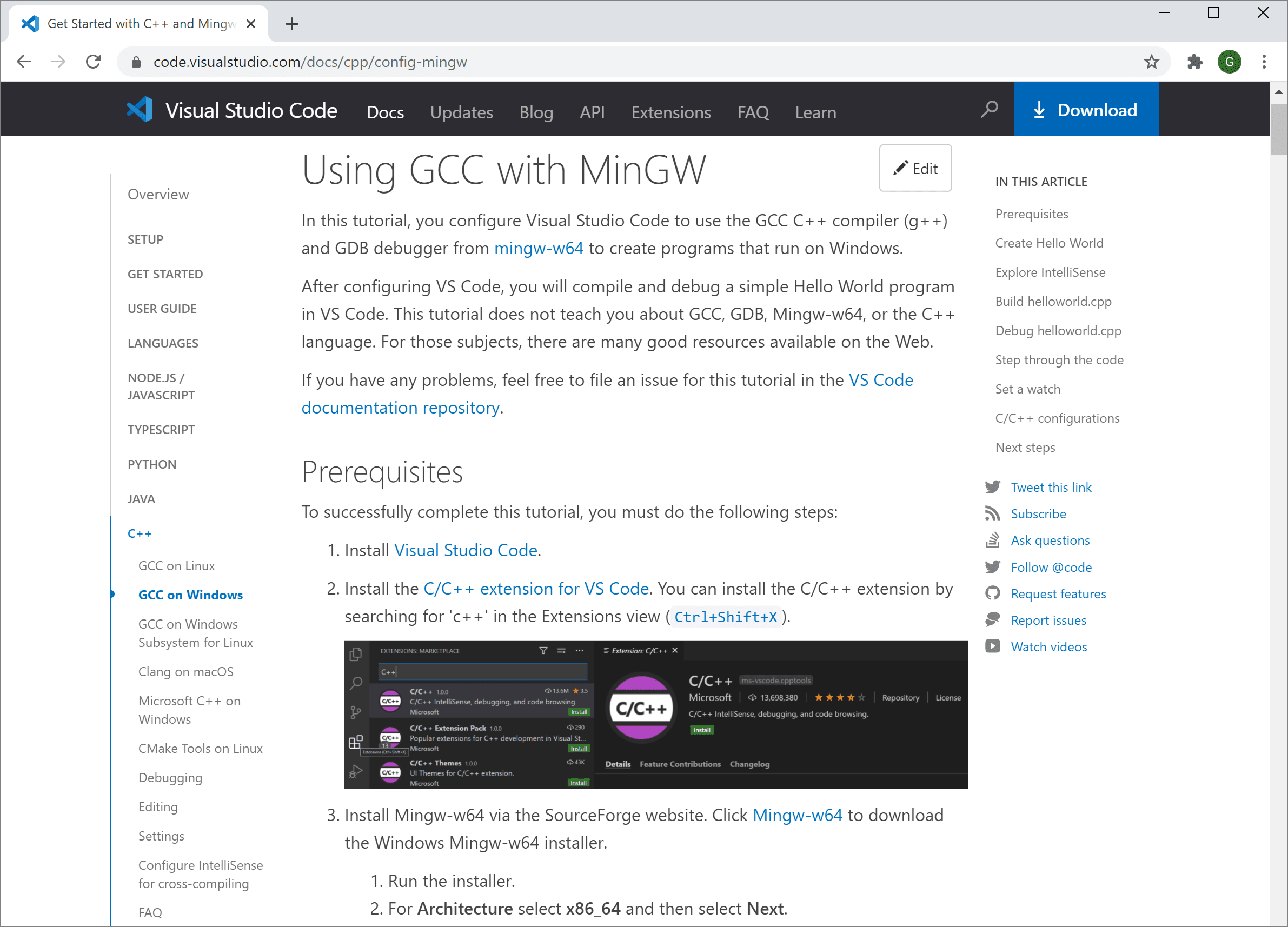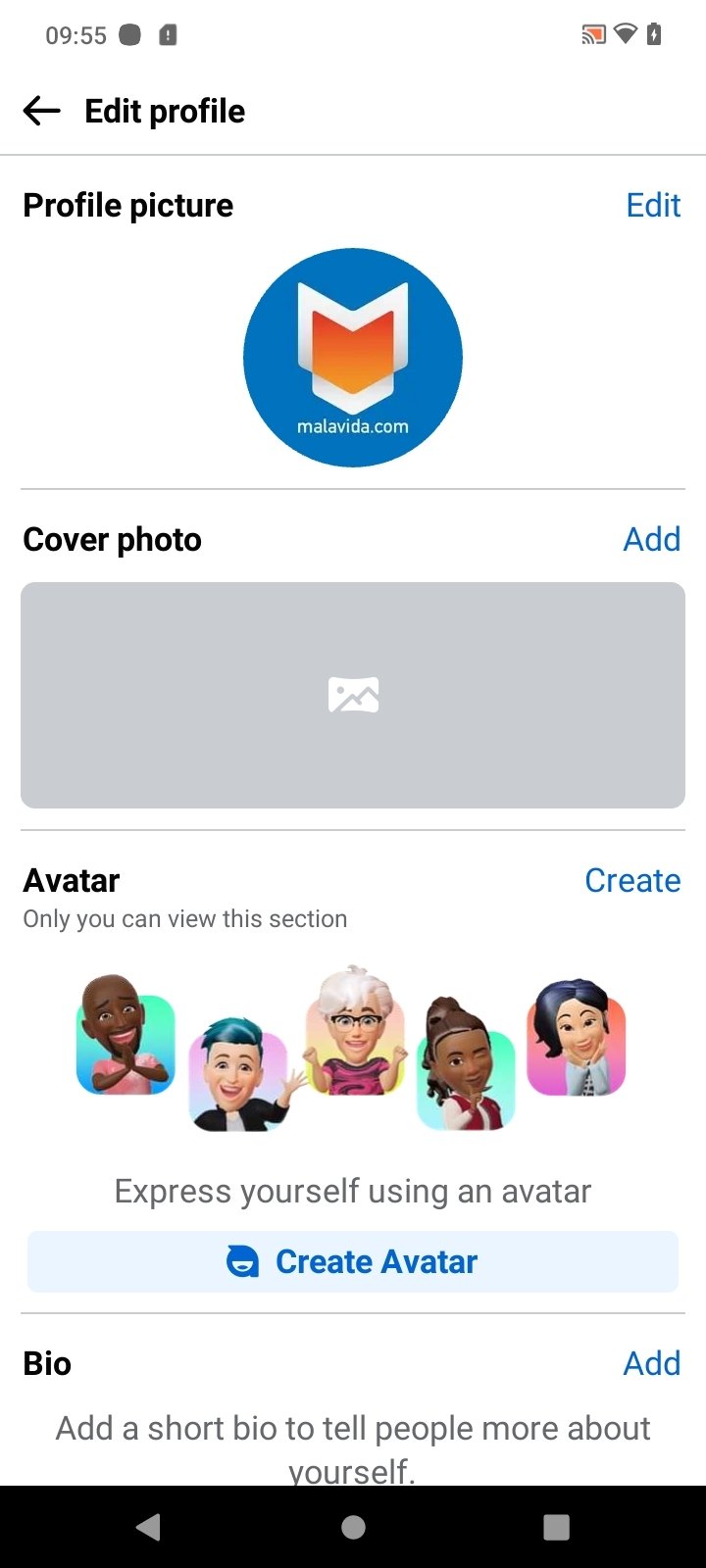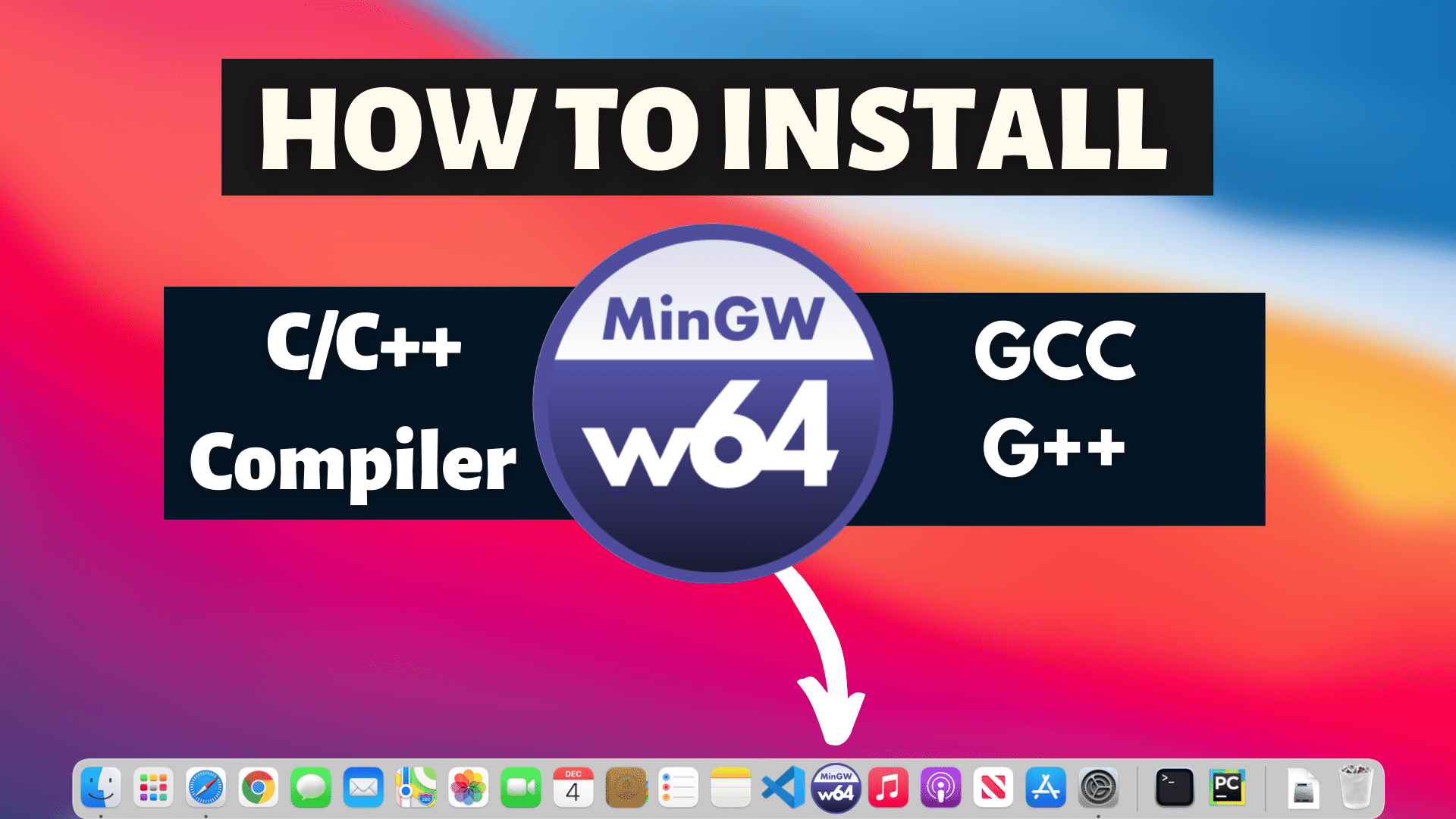C Compiler For Mac free download - Digital Mars C/C Compiler, Intel C Compiler Professional, C Compiler, and many more programs. The 3.8 version of Eclipse C for Mac is available as a free download on our website. This free Mac application was originally developed by eclipse. Our built-in antivirus scanned this Mac download and rated it as 100% safe. The following version: 3.8 is the most frequently downloaded one by the program users.
- Download free Visual Studio IDE to build cross-platform apps for Linux, iOS, Android, IoT, and Windows devices using latest, standards-compliant C and C.
- C Compiler For Mac free download - Digital Mars C/C Compiler, Intel C Compiler Professional, C Compiler, and many more programs.
- To install gcc compiler on Mac OS X, you need to download and install “Command Line Tools for Xcode”, which is available in Apple’s developer page. See following steps: 1. Register Apple Developer Account. Access Apple’s developer page, to process on the download, you need to register an Apple account, it’s free, but need to spend.
C/C++ support for Visual Studio Code is provided by a Microsoft C/C++ extension to enable cross-platform C and C++ development on Windows, Linux, and macOS.
Install the extension
- Open VS Code.
- Select the Extensions view icon on the Activity bar or use the keyboard shortcut (⇧⌘X (Windows, Linux Ctrl+Shift+X)).
- Search for
'C++'. - Select Install.
After you install the extension, when you open or create a *.cpp file, you will have syntax highlighting (colorization), smart completions and hovers (IntelliSense), and error checking.
Install a compiler
C++ is a compiled language meaning your program's source code must be translated (compiled) before it can be run on your computer. VS Code is first and foremost an editor, and relies on command-line tools to do much of the development workflow. The C/C++ extension does not include a C++ compiler or debugger. You will need to install these tools or use those already installed on your computer.
There may already be a C++ compiler and debugger provided by your academic or work development environment. Check with your instructors or colleagues for guidance on installing the recommended C++ toolset (compiler, debugger, project system, linter).
Some platforms, such as Linux or macOS, have a C++ compiler already installed. Most Linux distributions have the GNU Compiler Collection (GCC) installed and macOS users can get the Clang tools with Xcode.
Check if you have a compiler installed

Make sure your compiler executable is in your platform path (%PATH on Windows, $PATH on Linux and macOS) so that the C/C++ extension can find it. You can check availability of your C++ tools by opening the Integrated Terminal (⌃` (Windows, Linux Ctrl+`)) in VS Code and trying to directly run the compiler.
Checking for the GCC compiler g++:
Checking for the Clang compiler clang:
Note: If you would prefer a full Integrated Development Environment (IDE), with built-in compilation, debugging, and project templates (File > New Project), there are many options available, such as the Visual Studio Community edition.
If you don't have a compiler installed, in the example below, we describe how to install the Minimalist GNU for Windows (MinGW) C++ tools (compiler and debugger). MinGW is a popular, free toolset for Windows. If you are running VS Code on another platform, you can read the C++ tutorials, which cover C++ configurations for Linux and macOS.
Example: Install MinGW-x64
We will install Mingw-w64 via MSYS2, which provides up-to-date native builds of GCC, Mingw-w64, and other helpful C++ tools and libraries. Click here to download the MSYS2 installer. Then follow the instructions on the MSYS2 website to install Mingw-w64.
Add the MinGW compiler to your path
Add the path to your Mingw-w64 bin folder to the Windows PATH environment variable by using the following steps:
- In the Windows search bar, type 'settings' to open your Windows Settings.
- Search for Edit environment variables for your account.
- Choose the
Pathvariable and then select Edit. - Select New and add the Mingw-w64 destination folder path, with
mingw64binappended, to the system path. The exact path depends on which version of Mingw-w64 you have installed and where you installed it. If you used the settings above to install Mingw-w64, then add this to the path:C:msys64mingw64bin. - Select OK to save the updated PATH. You will need to reopen any console windows for the new PATH location to be available.
Check your MinGW installation
To check that your Mingw-w64 tools are correctly installed and available, open a new Command Prompt and type:
If you don't see the expected output or g++ or gdb is not a recognized command, make sure your PATH entry matches the Mingw-w64 binary location where the compiler tools are located.
Hello World
To make sure the compiler is installed and configured correctly, we'll create the simplest Hello World C++ program.
Create a folder called 'HelloWorld' and open VS Code in that folder (code . opens VS Code in the current folder):
Spotify premium no pc. Now create a new file called helloworld.cpp with the New File button in the File Explorer or File > New File command.
Add Hello World source code
Now paste in this source code:
Now press ⌘S (Windows, Linux Ctrl+S) to save the file. You can also enable Auto Save to automatically save your file changes, by checking Auto Save in the main File menu.
Build Hello World
Now that we have a simple C++ program, let's build it. Select the Terminal > Run Build Task command (⇧⌘B (Windows, Linux Ctrl+Shift+B)) from the main menu.
This will display a dropdown with various compiler task options. If you are using a GCC toolset like MinGW, you would choose C/C++: g++.exe build active file.
This will compile helloworld.cpp and create an executable file called helloworld.exe, which will appear in the File Explorer.
Run Hello World
From a command prompt or a new VS Code Integrated Terminal, you can now run your program by typing '.helloworld'.
If everything is set up correctly, you should see the output 'Hello World'.
This has been a very simple example to help you get started with C++ development in VS Code. The next step is to try one of the tutorials listed below on your platform (Windows, Linux, or macOS) with your preferred toolset (GCC, Clang, Microsoft C++) and learn more about the Microsoft C/C++ extension's language features such as IntelliSense, code navigation, build configuration, and debugging.

Tutorials
Get started with C++ and VS Code with tutorials for your environment:
Documentation
You can find more documentation on using the Microsoft C/C++ extension under the C++ section of the VS Code website, where you'll find topics on:
Remote Development
VS Code and the C++ extension support Remote Development allowing you to work over SSH on a remote machine or VM, inside a Docker container, or in the Windows Subsystem for Linux (WSL).
To install support for Remote Development:
- Install the VS Code Remote Development Extension Pack.
- If the remote source files are hosted in WSL, use the Remote - WSL extension.
- If you are connecting to a remote machine with SSH, use the Remote - SSH extension.
- If the remote source files are hosted in a container (for example, Docker), use the Remote - Containers extension.
Feedback
If you run into any issues or have suggestions for the Microsoft C/C++ extension, please file issues and suggestions on GitHub. If you haven't already provided feedback, please take this quick survey to help shape this extension for your needs.
If you are an app developer or programmer you might already be knowing about Dev C++ For Mac software. It is an Integrated Development Environment that lets you create C++ based applications for Windows or consoles.
This software uses the MinGW compiler to create those apps. Other GCC-based compilers like Cygwin can also be used with it. This software also enables you to edit and compile resources files.
Download Dev C++ For Mac
As mentioned above this IDE platform will enable you to start programming in C and C++ language under the GNU General Public License for free.
Hauppauge pvr 2 drivers. Different tools from the Tool Manager can be used in different projects. Comes with an inbuilt ‘Find’ and ‘Replace’ facility.
If you recently switched to a Mac computer you might be looking for a way to download Dev C++ on your Mac or a similar replacement for Dev C++ as it is not officially launched for Mac.
For the same reason we have listed for you, some of the most amazing alternatives for Dev C++ For Mac which you can easily run on your Mac.


Also Read: Paint.NET For Mac (Free Download)
Alternatives for Dev C++ For Mac
Eclipse
Eclipse is created by Eclipse Foundation Inc. which is a free tool for building software with C++ language and managing it for its lifetime.
Eclipse is also known as a Java IDE but it is more than that, it consists of more than 60 projects. These projects are organized into the given categories.
- Application framework.
- Rich Client performance.
- Embedded and device development.
- Application lifecycle management (ALM)
- Service Orientation Architecture (SOA)
Qt Creator
Qt is a dual-licensed program which means it is available for free under GPL and LGPLv3 but also you can buy its commercial license to get access to more of its functions.
This is a cross-platform for C++, Javascript, and QML Integrated Development Environment. Qt Creator is available for both Mac OS and Windows operating systems.
It has an integral graphical user interface layout and form designer along with a visual debugger. It uses the C++ compiler from the GNU compiler collection.
Apache NetBeans
For software developers and programmers, this is one of the best open-source Integrated Development Environment.
This software supports a variety of languages including C++, Javascript, PHP, Groovy, and Ruby. With the help of these languages, you can create applications for your professional desktop and mobile easily.
NetBeans works on any of the operating systems like Windows, Mac OS X, Linux, and Solaris and is easy to install and use.
Editra
Editra is a compact and easy to use a text editor which is freely available under the terms of GPL. The trial version can be downloaded for Windows and Mac OS X both.
It supports syntax highlights and other useful features for more than 30 different programming languages.
This software focuses on creating a user-friendly interface and features that help in code development.
Also Read: Autorun For Mac (Free Download)
Dev C++ For Mac FAQs
- Is Dev C++ available for Mac?
- No, Dev C++ is not yet developed by Orwell for Mac. That is why we have listed some of the best alternatives for Dev C++ above.
- Is Dev C++ free?
- Yes, Dev C++ is a free IDE distributed under General Public License for programming on C and C++ with all of its features.
- Are Macs good for coding?
- As you might already know Macs run on a UNIX-based OS which makes it a great option for developers.
Conclusion
C Compiler For Mac Book
Dev C++ really works like magic for developing and testing different apps for different platforms but Mac users won’t get their hands on it.
This is the reason we have listed some of the closest competitors of Dev C++ which you can access from your Mac.
You can try any of this software and select the one which goes with your personal taste and choice.
Also Read:
Best C Compiler For Mac
An expert application developer, technology writer, who likes to discusses innovation and application development. His ability is in programming, portable applications, and games and on creating applications for Windows and Mac. You can contact me via email [email protected]



